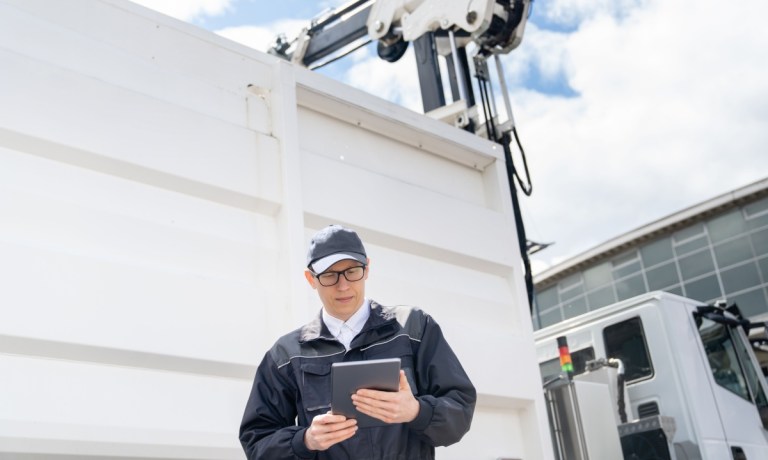
TreviPay has introduced enhancements for dealer management systems for commercial equipment dealers servicing fleets.
“In addition to providing a smooth onboarding and integration process, TreviPay’s advanced API technology captures transaction line-item details in real time,” the B2B payments/invoicing network said in a news release Wednesday (Sept. 25). “The enhancements will ensure a seamless payments experience for fleet drivers and dealers and eliminate manual, inefficient processes.”
According to the release, TreviPay’s solution for dealer management systems, which already offers things like consolidated billing and payments, will now also include turnkey onboarding for net terms or trade credit.
The company argued that flexible payments are crucial for business buyers, as its in-house research shows that most business buyers value invoicing and flexible net terms. Seamless onboarding, TreviPay said, makes these critical payments preferences available faster.
“From our long history working with commercial equipment manufacturers, dealerships and fleets, we recognized reduced friction and increased efficiency are essential in today’s dynamic and fast-paced business landscape,” said Dan Zimmerman, TreviPay’s chief product and technology officer.
“TreviPay’s proprietary B2B technology platform builds deep-rooted business relationships, leveraging payment automation to eliminate manual entry and reduce administrative costs, from a dealer’s first interaction with a new client,” Zimmerman added.
PYMNTS examined challenges facing the fleet management ecosystem earlier this year in a conversation with Daniel Simon, CEO of Coast.
As that report noted, traditional payment methods like fuel cards remain the industry’s most common payment scenarios, meaning that setting the sector up for success means addressing challenges like cumbersome manual processes and security loopholes.
“Traditional systems, developed before the ubiquity of mobile devices, rely on antiquated methods for collecting transaction data, leading to poor data quality and security vulnerabilities,” Simon told PYMNTS in April. “These are old school industries: construction, HVAC, plumbing, landscaping, et cetera.”
Simon argued that the ongoing transition toward digitization in fleet management and fleet payments can outfit businesses with more reliable data and a better picture of the total cost of ownership of the vehicles in their fleet, along with a more granular picture of their employee spending behavior.
“This allows firms to make better decisions about their business in both the short and long term, while at the same time addressing the unique needs for field-related purchases such as vehicle maintenance and gas,” the report continued.